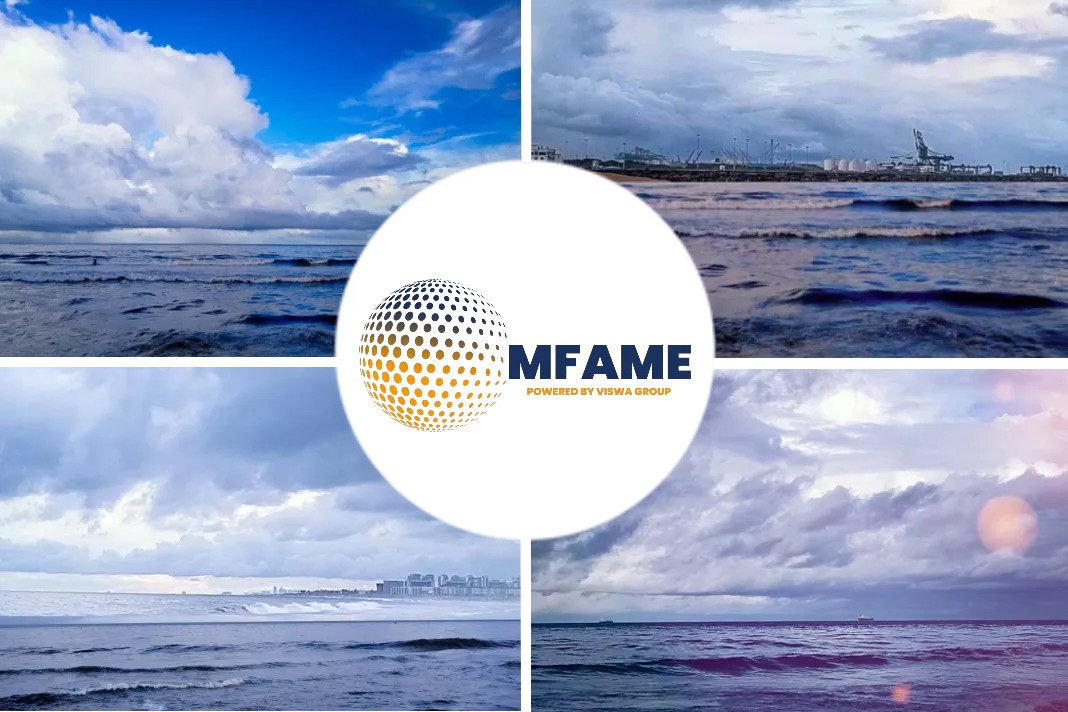
The International Maritime Organization (IMO)’s Maritime Safety Committee 107th session (MSC 107) will take place 31 May – 9 June 2023, to discuss matters related to maritime safety and maritime security which fall within the scope of IMO, covering both passenger and cargo ships.
Lloyd Register’s The Agenda Preview presents a summary of what is to come. Below are some of the topics expected to be discussed at MSC 107 which will have some impact on current practices.
SOLAS amendments
MSC 107 is expected to adopt draft amendments to SOLAS chapter II-1 for onboard lifting appliances together with guidelines for both lifting appliances and anchor handling winches and their associated items of loose gear. The draft SOLAS regulations will require new lifting appliances and anchor handling winches to be designed, constructed and installed in accordance with the requirements of a classification society which has been recognized by the Administration. The draft amendments are expected to enter into force 1 January 2026.
MSC 107 is also expected to adopt draft amendments to SOLAS Chapter V, the Cargo Ship Safety Equipment Certificate, the Cargo Ship Safety Certificate, Form E and Form C, the 1978 SOLAS Protocol and the 1988 SOLAS Protocol for the mandatory carriage of electronic inclinometers which are linked to the VDR, on new container ships and bulk carriers of 3,000GT and upwards, constructed on or after 1 January 2026. It has previously been agreed that the requirements will not be extended to all ships and will not apply retroactively to existing container ships and bulk carriers.
MSC 107 is expected to adopt amendments to SOLAS chapter II-2 and consequential amendments to the 1994 and 2000 High Speed Craft (HSC) Codes to prohibit the use of fire-fighting foams containing perfluorooctane sulfonic acid (PFOS) due to its toxic nature. The prohibition applies to both fixed and portable systems as the intent is to prohibit the use of all extinguishing media containing PFOS that can be used in fire extinguishing systems and equipment.
MSC 107 is also expected to adopt draft revisions the performance standards for water level detectors on ships subject to SOLAS regulations II-1/25, II-1/25-1 and XII/12. The draft amendments provide that for bilge level sensors in SOLAS regulation II-1/25-1.3, if the bottom of the bilge well is below the upper surface of the inner bottom, the heights of those sensors are to be measured from the bottom of the bilge well.
LSA Code amendments
MSC 107 is expected to adopt draft amendments to the LSA Code and MSC.81(70) Revised recommendation on the testing of life-saving appliances for the ventilation of totally enclosed lifeboats. The draft regulations ensure that the totally enclosed lifeboat shall admit sufficient air at all times to prevent a long-term CO2 concentration of more than 5,000 ppm for the number of persons the lifeboat is permitted to accommodate, even with the entrances closed. The draft amendments are expected to enter into force 1 January 2026 and will apply to all totally enclosed lifeboats installed on or after 1 January 2029.
MODU Codes amendments
MSC 107 is expected to adopt draft amendments to 1979, 1989 and 2009 MODU Codes which will prohibit the new installation of materials containing asbestos. Any repairs, replacements, maintenance or additions to working parts of a MODU should be documented with an asbestos-free declaration for the materials used.
MSC 107 will consider the following proposals for new work:
- Proposal for a new output to consider a review of the 2017 Guidelines on Maritime Cyber Risk Management (MSC-FAL.1/Circ.3/Rev.2) and identification of next steps.
- Proposal for a new output to formulate guidelines for harmonizing the date format of various certificates issued under IMO instruments.
- Proposal for a new output to facilitate a regulatory framework to support the safe delivery of IMO’s strategy on reduction of GHG emissions from ships.
- Timeline and format of the road map for the safe decarbonization regulatory assessment to deliver the regulatory framework.
Did you subscribe to our newsletter?
It’s free! Click here to subscribe!
Source: Safety4sea















